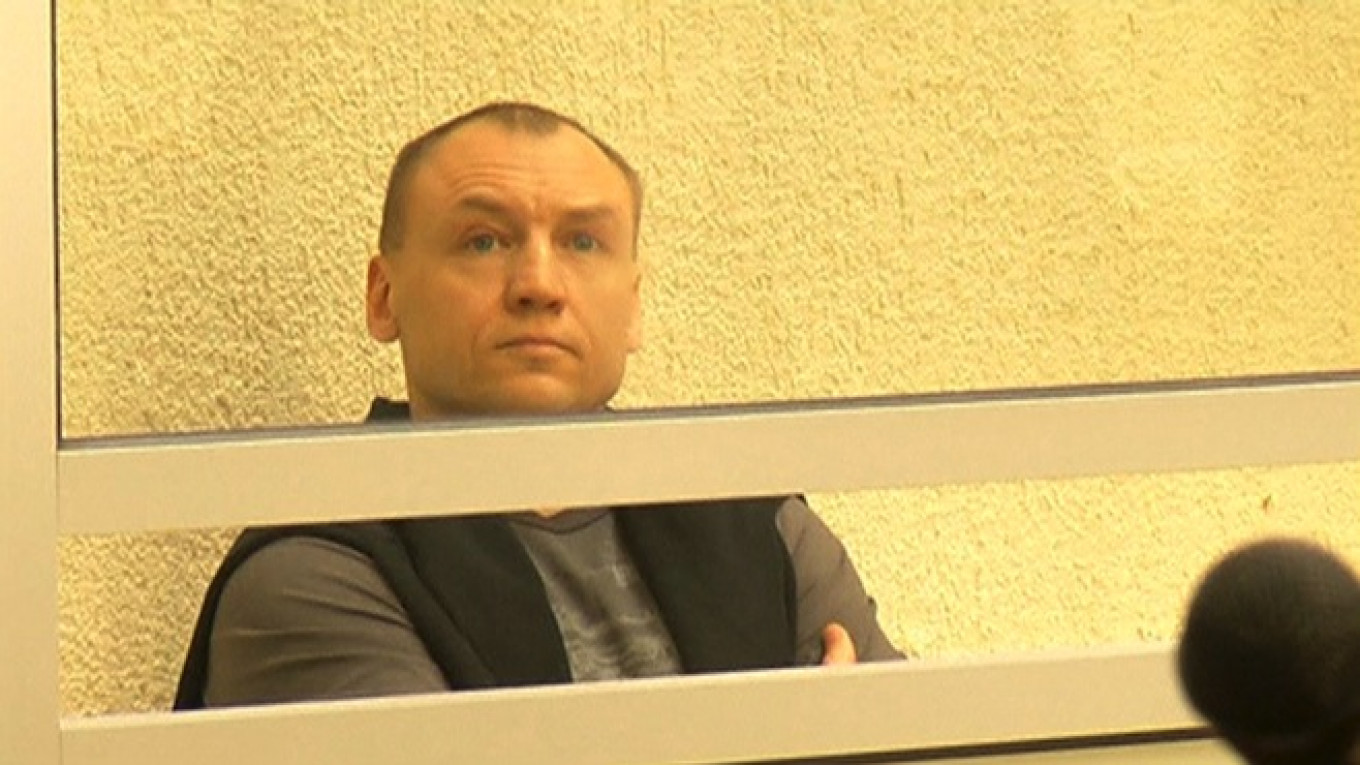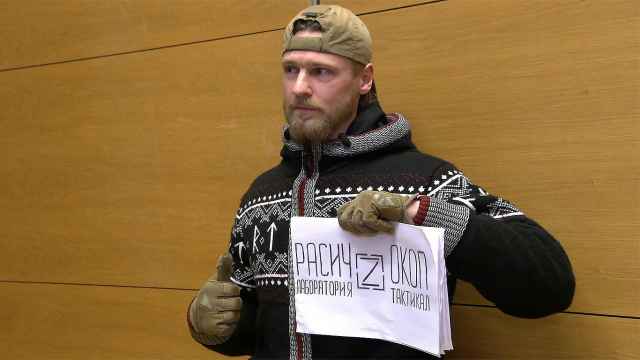An Estonian police officer allegedly abducted by Russia in a cross-border raid was sentenced to 15 years in prison on Wednesday, further stoking tensions between Moscow and the former Soviet republic.
Russia arrested Eston Kohver on espionage charges in September last year, saying the Estonian was caught on Russian territory, but Tallinn maintains he was taken at gunpoint at a border crossing.
The sentence will put further strain on already frayed relations between the two countries, which have deteriorated since Russia's annexation of Crimea from Ukraine last year.
"I strongly condemn [the] verdict on Eston Kohver; his illegal detention constitutes a grave violation of international law by the Russian Federation," Estonian Prime Minister Taavi Roivas said on Twitter.
The European Union said Kohver's detention in Russia was illegal and called for his immediate release.
"Mr. Kohver has been deprived of the right to a fair trial: there was no public hearing of the case," EU foreign affairs chief Federica Mogherini said in a statement.
Kohver will serve his sentence in a Russian high security prison and be fined 100,000 rubles ($1,525), Interfax news agency quoted his lawyer as saying outside the Pskov regional court, where Estonian and European Union diplomats gathered to protest the conviction.
"Together with our allies and partners, we intend to keep up international pressure until Eston Kohver is released and has returned home to his family," Estonian Foreign Minister Marina Kaljurand said in a statement.
Russia's Federal Security Service (FSB), a successor agency to the Soviet-era KGB, said Kohver was detained carrying a Taurus handgun with ammunition, 5,000 euros ($5,500) in cash, equipment for concealed audio recording and documents that "bear evidence of an intelligence mission."
Tallinn said he was taken trying to stop illegal activity on the border when unidentified abductors jammed radio communications and used smoke grenades.
In recent years, the border has seen a number of incidents involving the smuggling of goods, weapons and migrants.
Kohver was in the early information-gathering stages of an investigation by Estonia's Internal Security Service into a smuggling ring run by organized crime groups operating in the border region, Radio Free Europe/Radio Liberty reported in June.
Estonian officials have alleged that, together with organized crime groups, Russia's Federal Security Service (FSB) was involved in smuggling across the border.
Shortly after Kohver was allegedly abducted, Estonian President Toomas Henrick Ilves wrote on Twitter that the country's Internal Security Service "deals both with counterintelligence and organized crime. Just in some places they turn out to be [the] same."
Estonia and other former Soviet republics in the Baltics, which now belong to both the EU and NATO, have urged both organizations to take a tough stance toward Russia over its actions in Ukraine, where the West says Moscow is sending troops across the border to support separatist rebels.
Moscow has repeatedly denied these accusations.
A Message from The Moscow Times:
Dear readers,
We are facing unprecedented challenges. Russia's Prosecutor General's Office has designated The Moscow Times as an "undesirable" organization, criminalizing our work and putting our staff at risk of prosecution. This follows our earlier unjust labeling as a "foreign agent."
These actions are direct attempts to silence independent journalism in Russia. The authorities claim our work "discredits the decisions of the Russian leadership." We see things differently: we strive to provide accurate, unbiased reporting on Russia.
We, the journalists of The Moscow Times, refuse to be silenced. But to continue our work, we need your help.
Your support, no matter how small, makes a world of difference. If you can, please support us monthly starting from just $2. It's quick to set up, and every contribution makes a significant impact.
By supporting The Moscow Times, you're defending open, independent journalism in the face of repression. Thank you for standing with us.
Remind me later.






